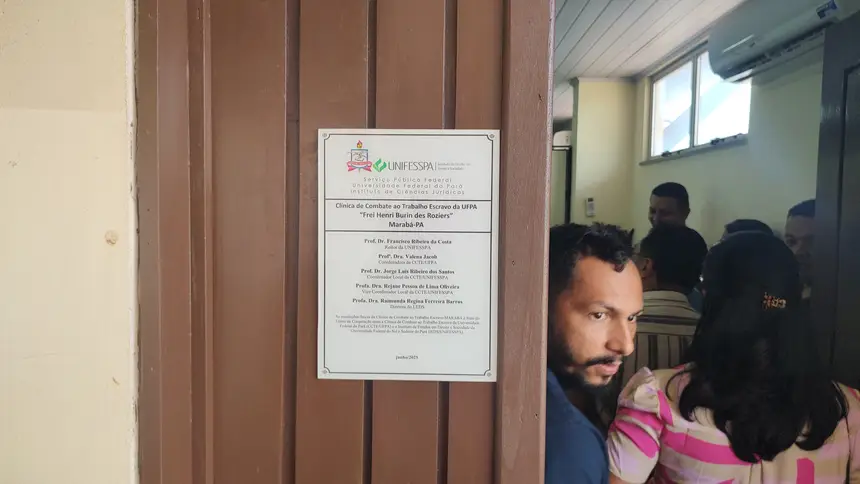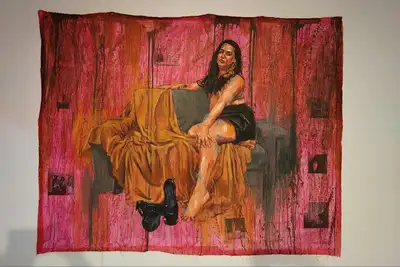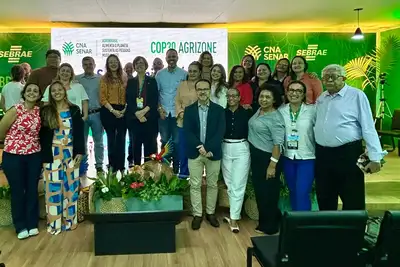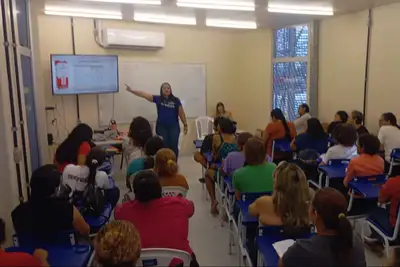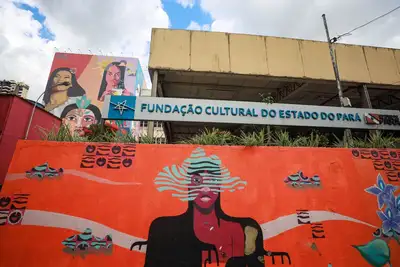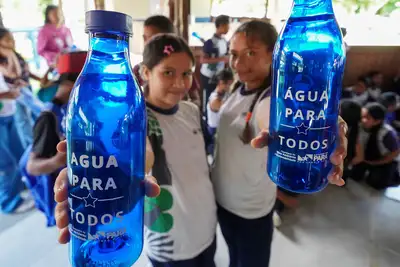In Marabá, government presents instruments to combat work analogous to slavery
Meeting held this Thursday (5) had the presence of various authorities and representatives of civil society at one of the UNIFESSPA poles
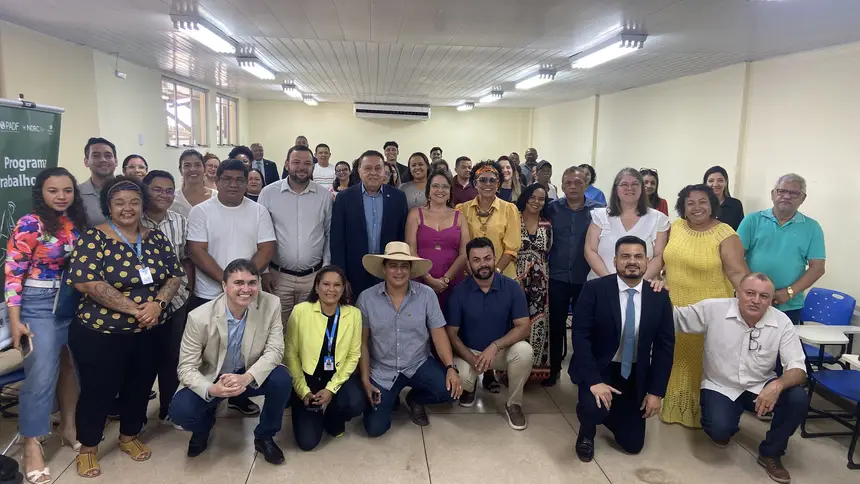
The Government of Pará, through the State Secretariat for Racial Equality and Human Rights (SEIRDH), presented this Thursday (5), in Marabá, the State Plan to Combat Work Analogous to Slavery, as well as the Flow and Protocol for Assisting victims.
The ceremony brought together representatives from more than ten municipalities in the region and also marked the inauguration of the room of the Clinic for Combating Slave Labor (CCTE), located on the campus of the Federal University of Southern and Southeastern Pará (Unifesspa).
The meeting was the result of an articulation between the team of the Pan American Development Foundation (PADF) in Brazil, SEIRDH, and the Regional Government Secretariat of Southern and Southeastern Pará. The objective was to share the set of public policies that the State has implemented in defense of dignified work and the eradication of contemporary slave labor.
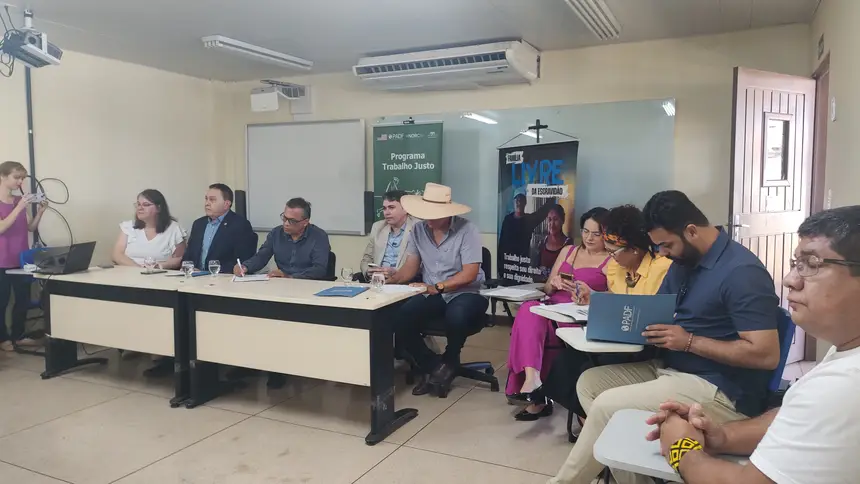
The opening table included the participation of the director of Racial Equality of SEIRDH, João Corrêa; the coordinator of PADF, Irina Bacci; the director of CCTE, Professor Dr. Valena Jaboc; the president of the Municipal Chamber of Marabá, Ilker Moraes; the local coordinator of Unifesspa, Professor Jorge Ribeiro; and the regional government secretary of Southern and Southeastern Pará, João Chamon Neto.
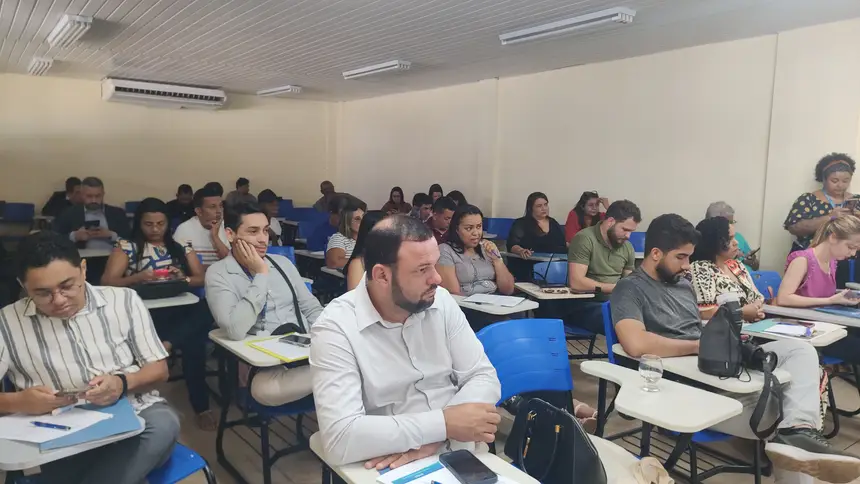
During his speech, João Corrêa highlighted the actions of the directorates, coordinations, and managements of SEIRDH, and emphasized the role of municipalities in implementing public policies.
“It is essential that each municipality recognizes the policies for the eradication of slave labor, as well as the flowcharts already made available, to be implemented in each locality. The city halls need to engage with the communities and think about dynamics, such as informative lectures on what human rights violations are and how to access existing policies, if they are in conditions that inhibit work analogous to slavery.”
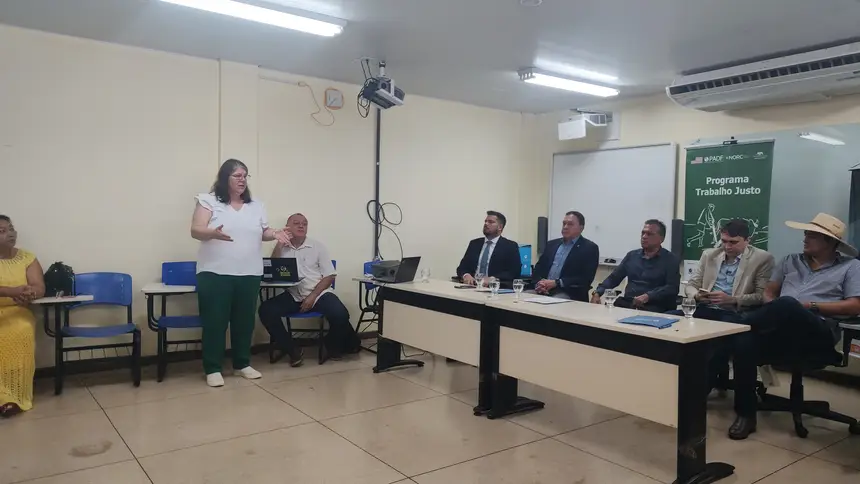
The state manager for Promotion and Combating Slave Labor, Silvia Assunção, celebrated the creation of the CCTE pole in Marabá and emphasized the importance of the internalization of public policies.
“These bodies can become the link between public policies and the reality of each municipality. They have the capacity to develop awareness campaigns, train public agents, create reporting channels. It is important to engage with civil society to ensure that the rights of all workers are respected,” she emphasized.
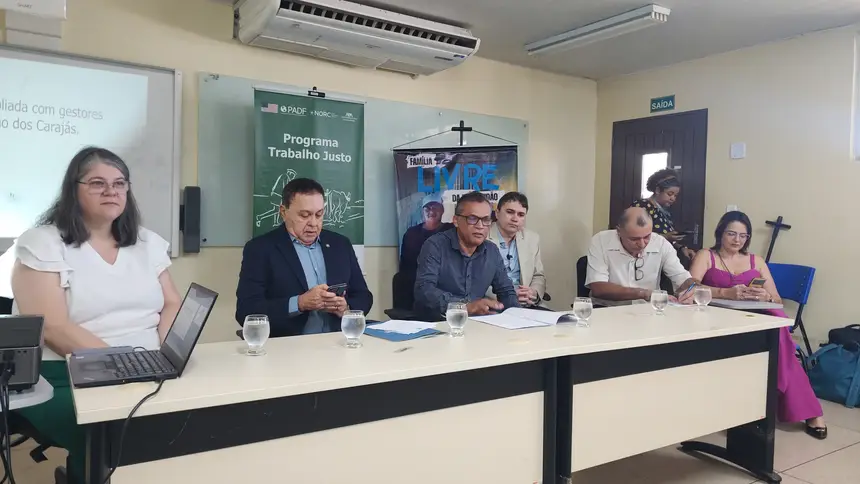
Secretary João Chamon Neto highlighted the significance of the event in bringing together representatives of the public power and civil society, and recalled the trajectory of lawyer Gabriel Pimenta, who was murdered while defending rural workers in the region.
“Gabriel was a companion of my generation. A partner, a friend in the struggle. A lawyer of SDDH. He was the symbol of the fight for equality in our region. Inaugurating this room [of the Clinic for Combating Slave Labor], here at UNIFESSPA, is the opportunity to function as a laboratory for the expansion of actions in favor of this very important cause, which is the issue of dignified work and access to rights. The State is very happy to be present at this moment for the struggle for a fairer and more equal society,” he said.
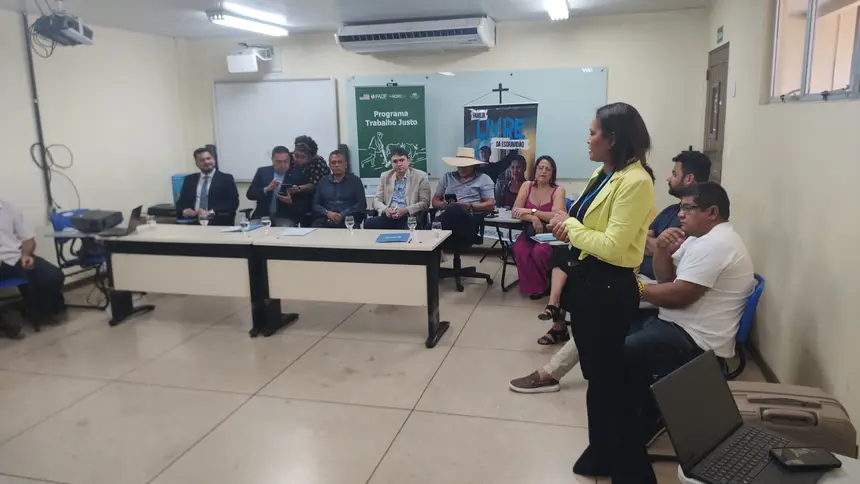
Flow of Assistance and inter-institutional articulation
The Flow of Assistance to Rescued Workers was developed starting in November 2023, at the initiative of the State Commission for the Eradication of Slave Labor (Coetrae/PA), chaired by SEIRDH. The commission is composed of governmental bodies, representatives of the justice system, and civil society.
The protocol was created to define clear guidelines for action for the members of the commission at the moment when rescues of workers in situations analogous to slavery occur. The flow establishes an integrated network of public institutions, non-governmental organizations, unions, and other entities involved in promoting human rights and dignified work.


